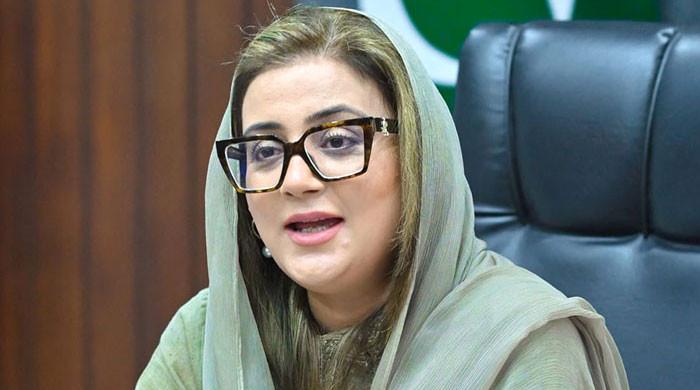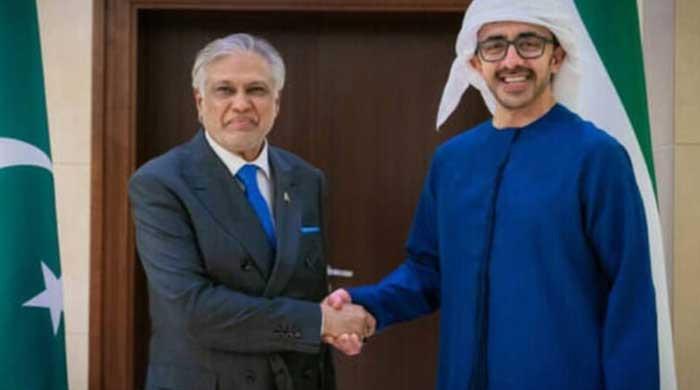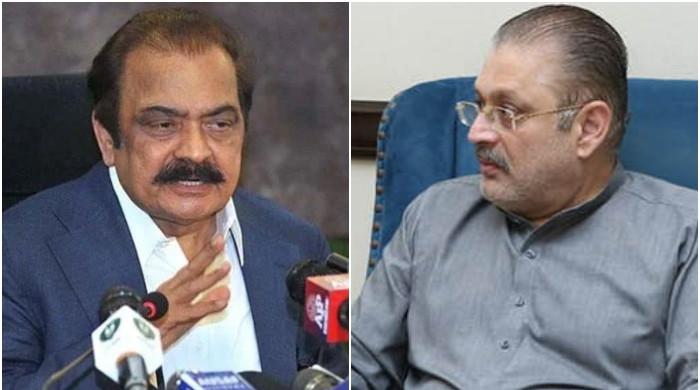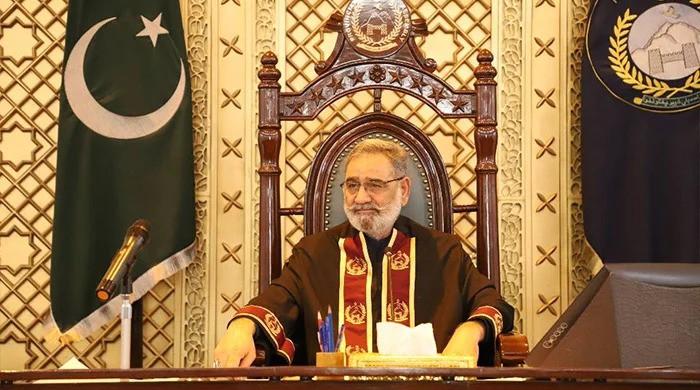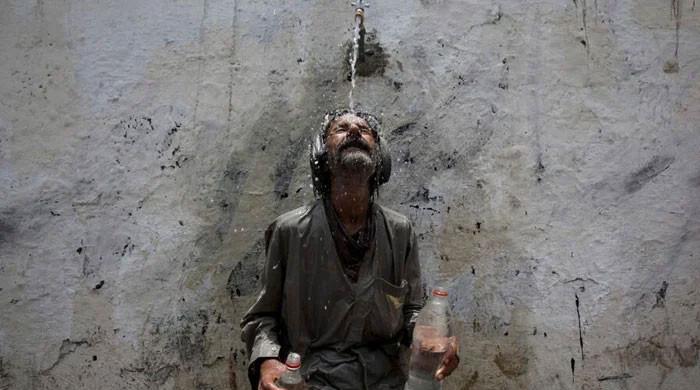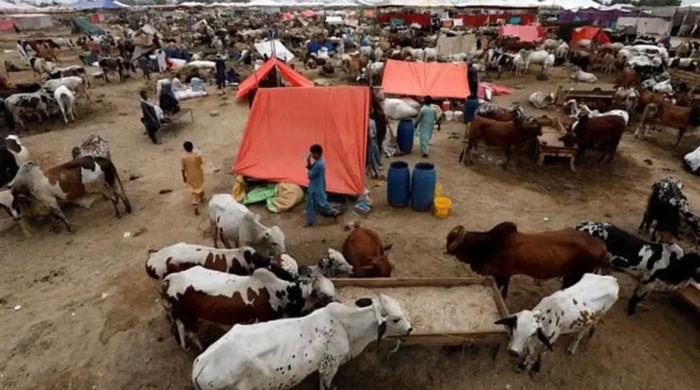Gilgit Baltistan heads to polls tomorrow
As the clock struck 12, time allotted for electioneering in the northern region came to an end last night
November 14, 2020
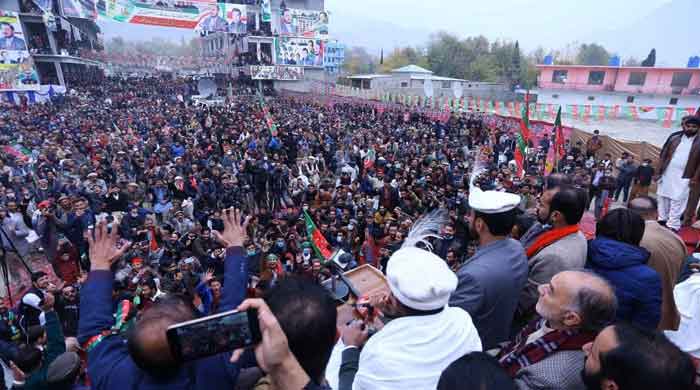
Gilgit Baltistan is headed to polls tomorrow. As the clock struck 12, the time allotted for electioneering in the northern region came to an end last night [Friday].
For those who didn't stop campaigning, the region's chief election commissioner warned of legal action for violating rules. He, however, also dismissed allegations of fraud and rigging by the opposition as premature and 'baseless'.
A total of 745,361 voters will be voting for 23 constituencies at 1,160 polling stations. The region's administration said at least 15,900 law enforcement personnel would be deployed for security purposes.
Out of the 847 polling booths, 418 have been declared highly sensitive, 311 sensitive and 431 normal.
Read more: Why is GB so important for political parties?Survey shows close competition between PTI and PPP
Surveys by Gallup and Pulse Consultant revealed close contest between the Imran Khan-led PTI and Bilawal Bhutto Zardari's PPP while PML-N comes third.
The surveys found PM Imran Khan as the most popular leader in GB followed by Bilawal Bhutto Zardari and Nawaz Sharif.
Around 30% of voters believe elections will be transparent and free of rigging.
When asked about which political party they would vote for on 15th Nov (the Election Day), the 27% of Gallup respondents said they would vote for PTI, 24% said PPP, and 14% said PML-N.
On the other hand, 35% of Pulse Consultant respondents said they would vote for PTI, 26% said PPP and 14% said PML-N. Gallup survey shows there is a gap of only 3% between the PTI and PPP as the first choice of voters. However, in the Pulse survey, the gap between the two leading parties is 9% but the trend is the same – PTI is the first choice, PPP second and PML-N third.
However, most of the results would depend on the electoral dynamics of the Election Day and the voters turn out as who is able to assist their voters to come out and vote for them




